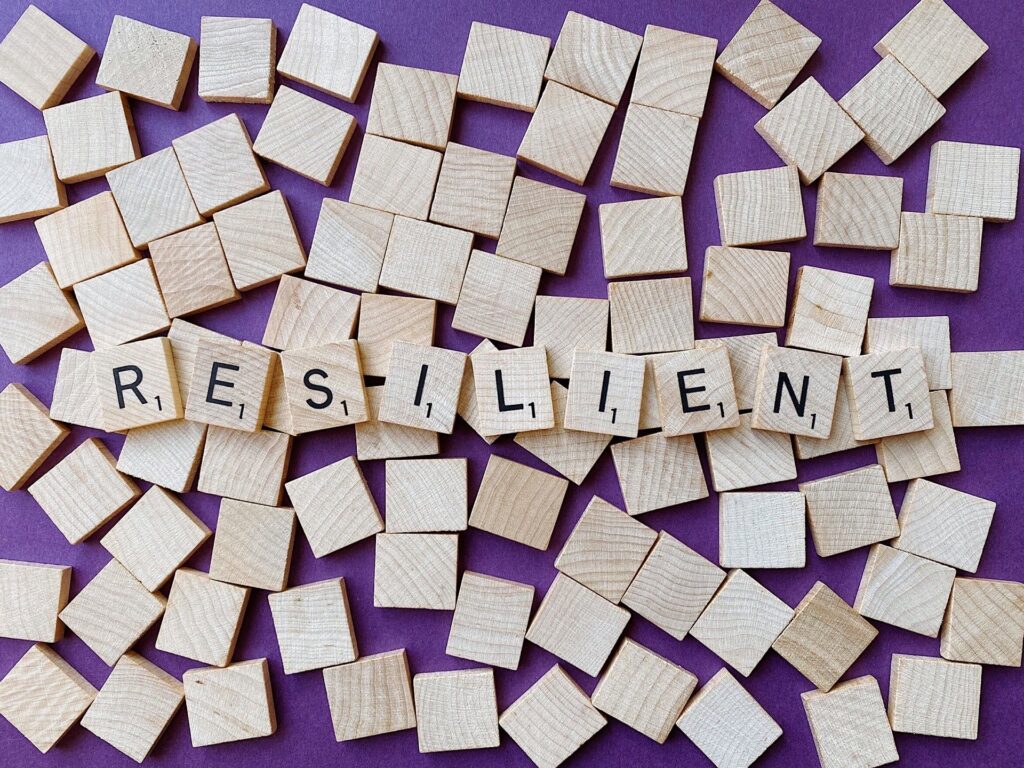What is Resilience?- 9 simple Tips to build Resilience
Life is not giving as much as what we have expected, there are so many twists & turns!! In Everyday life ,Each one facing so many challenging events like Job loss, Financial crisis, Threatening accidents, Death of loved ones. Each events has an unique impact on Personal, Professional & Social Growth through variety of Experienced & Expressed Emotions. Bouncing Back from this difficulties quickly is Resilience. This article we will see about Resilience, Mental & Emotional resilience and tips to build resilience.
What is Resilience?
Resilience is capacity to recover quickly from difficulties or else adapting well while facing adversities.
Resilience involves Thoughts, Action & Behaviors that anyone can learn & Develop. So Resilience is not necessarily a Personality trait, It is a Skill to adapt & Learn.
Being Resilient doesn’t mean that they don’t underwent Stresses & Sufferings. In fact, resilient develops while experiencing stress.
Its like how you develop your Six packs..
Its like how you become Zero Size{not advisable}..
For developing your muscle you need to undergo stressful exercise. This physical stress builds & develops you a Body Builder. Similarly, Mental & Emotional stress builds Mental and Emotional Resilience.
Struggles Or Stress may in many form:
- Trauma{Physical or Mental}
- Fear
- Adversity
- Shame
- Betrayal of Trust
Resilience is a Skill
Models attributes Resilience:
Many researchers compiled about the models of Resilience{Kumfer & Hopkin’s-1993,O’Leary in 1998}
Compensatory Model:
This is the variable factor that neutralizes when you are exposed to risk. It doesn’t interact with risk factor directly but it has an independent and direct influence on the outcome.
E.g:
- Optimism
- Insights
- Empathy
- Self-Esteem
- Perseverance
- Determination
- Mission
- Passion
- Intellectual Competence.
Challenging Model:
Risk factor is treated as an enhancer of successful adaptation if it is not exercising..
Moderate level of stress only adapted for this model because it promotes the individual with challenge that when overcome, strengthens competence.
Could say “Inoculation” i.e if the challenge is successfully met, this prepare the individual for the next level of difficulty. It actually immune you.
Protective Model:
It interacts with risk factor in reducing the probability of negative Outcome and fosters positive outcomes and healthy personality characteristics by varieties of skill development.
Eg.
- Emotional Management Skills
- Interpersonal reflective skills
- Planning skills
- Problem solving & critical thinking skills
- Ability to restore self-esteem
- Academic & Job skills.
Being resilient is one of the important attributes of Leadership.
So a Resilient leader can be
Compensatory Model in Thoughts
Challenging attitude in the field
Developing protective model throughout the life.
VUCA leaders are like that, click here to read more

Roots of Resilience:
“Hardiness”
Ability to endure difficult conditions. That is remains in existence..could say,suffer patiently.
“Enthusiasm is common. Endurance is rare.”
― Angela Duckworth
Which causes Hardiness?
Commitment
Control
Challenge.
So Resilience is an attitude too.
It is a positive empowering attitude which includes Optimism, Happiness, Kindness, Compassion, Empathy and all kind of attitudes attributing to Emotional Intelligence.
Resilience is a Skill & attitude which you can learn and maintain the control of situation and think of new ways to tackle the problem
“It’s your reaction to adversity, not adversity itself that determines how your life’s story will develop.”
― Dieter F. Uchtdorf
9 Simple Tips to build Resilience
1.Optimism: You have to be optimistic and realistic at the same time. Start exploring the reason for failures and understand that this failure is because of your effort which you put and it doesn’t have any relation with your ability. When you start focusing on your personal effort, it makes you to move in the direction of action rather than self-defeating, sad or depression or other emotional disturbances.
2. Do “Reframing“. E.g- ” I am not a writer and in fact, I am not able to be a writer” .Just reframe it in to ” I need to learn and practice the writing skills to become a writer” Sounds good?!
3. Improve your Self- efficacy: Self efficacy is eventually the belief in your own ability to control your own behaviour, Emotions and Motivation. Improve your self efficacy by remembering your previous achievements or success and its path.
4. Build your Confidence by discussing your past experiences in terms of Perseverance.
5. Explore your personal assets and skills and identify that which has worked for you in the past. Do Retrospection, Introspection. so having Self awareness and Growth Mindset is crucial.
6. Practice Self-Compassion: Being kind to yourself, understand that failures or mistakes are part of human experience and mindfulness i.e avoidance of over identification with painful emotions.
7. Listening to yourself : Pay attention to how you talk to yourself like whether you Insult yourself or you got angry on yourself or any other negative emotions. Just “Rephrase it positively”. Ask yourself ” What do i need”- helps you to focus your action during Emotional Distress.
8. Practicing Gratitude involving every areas of your life including starting from your source of food, how you got that food, who prepared that etc etc. This will help you to move towards more life satisfaction.
9. Final note is Embrace Change – Adaptability.
Amygdala Hijacking and Selfcare
Jealousy and Envy differences with Examples, Strategies to cope up with
Causes of Obesity and practical tips for weight loss
Winter health wellness and tips
Share this post: on Twitter on Facebook on LinkedIn





